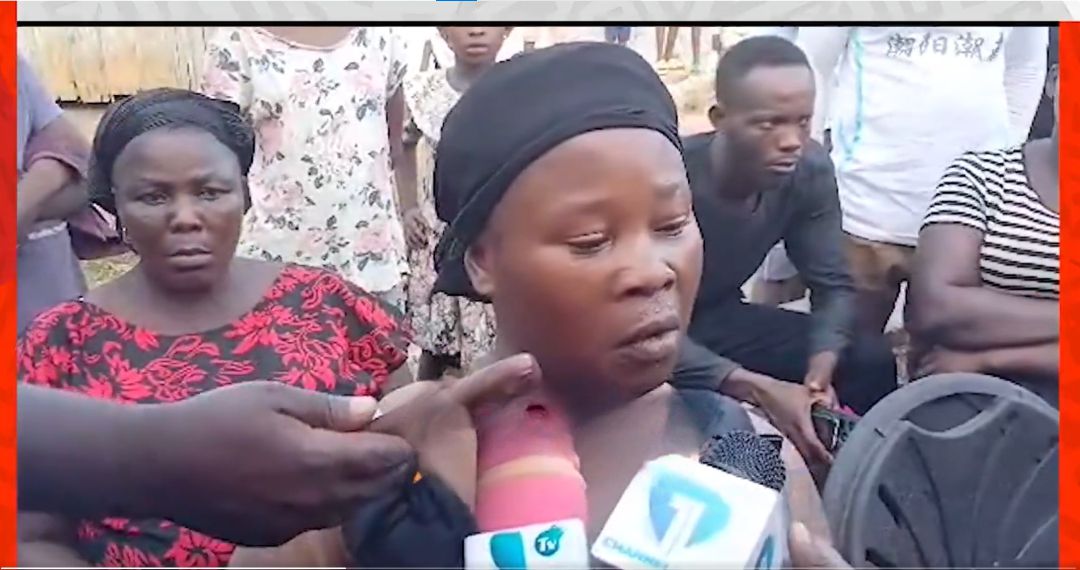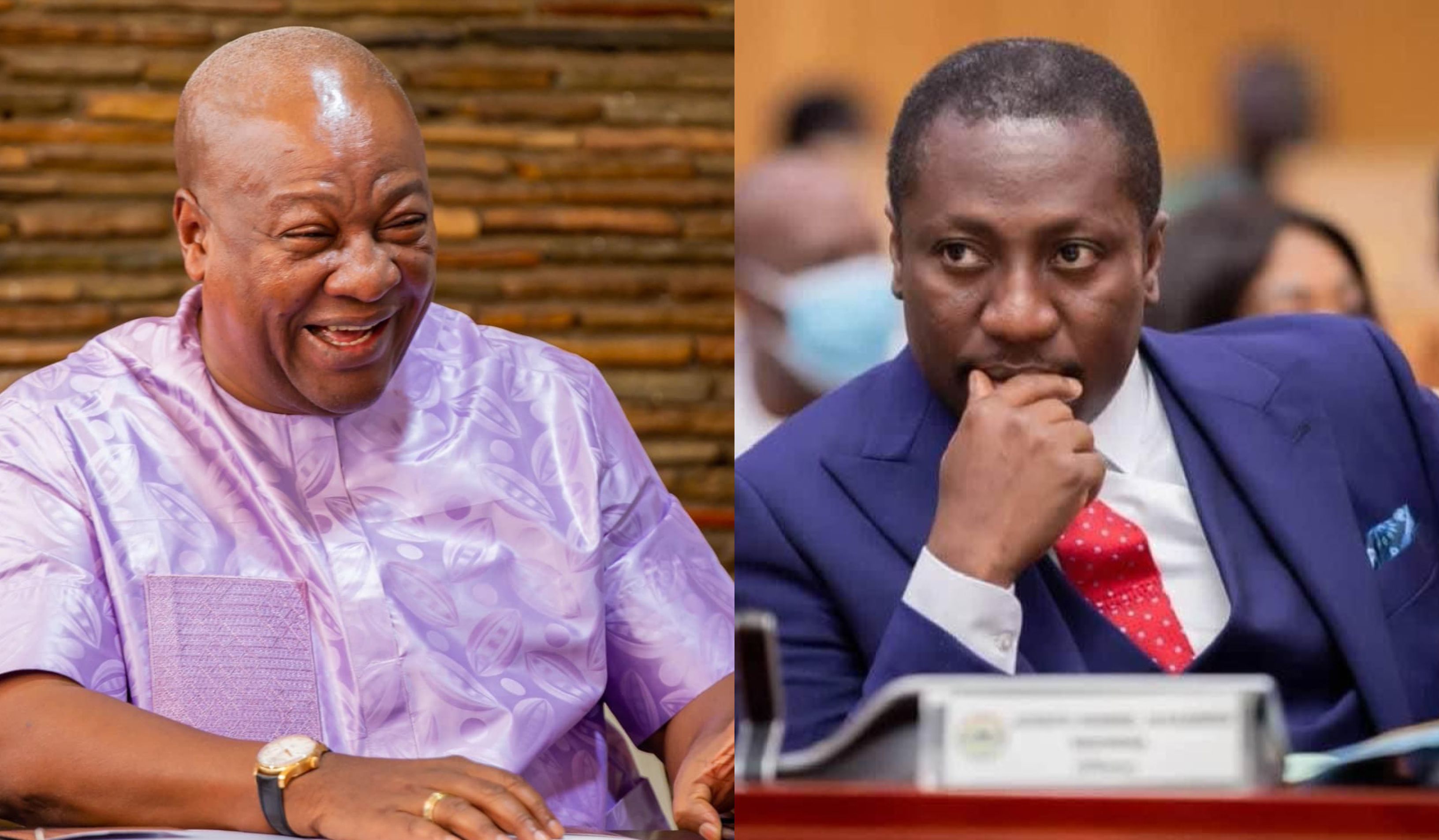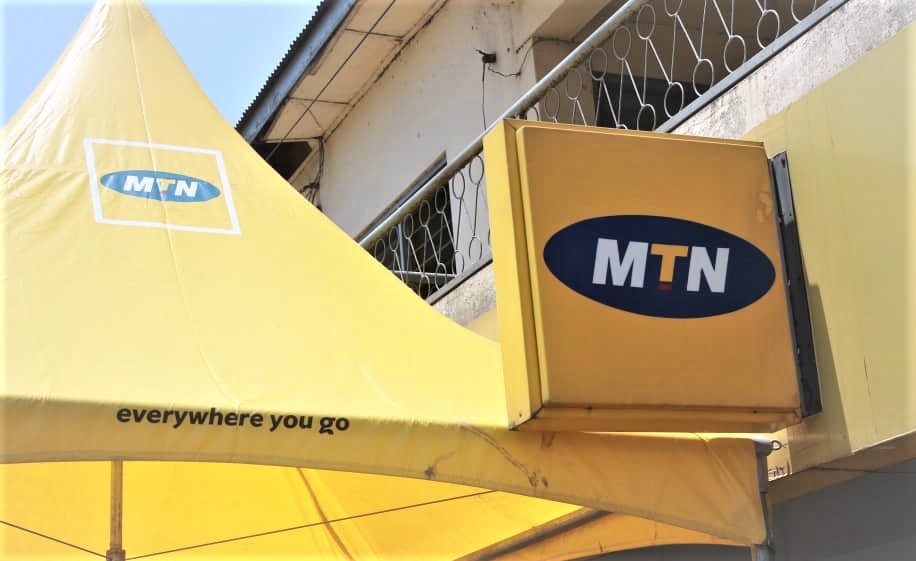
Ghana’s controversial “cash and carry” healthcare system, which requires patients to pay out-of-pocket for medical services, is facing renewed criticism as stakeholders push for urgent reforms.
The system has long been blamed for denying essential healthcare to the poor, resulting in preventable deaths and severe financial hardship.
Calls for change were recently amplified by Hon. David Boakye Ansah, Assembly Member for the Agyeimpra Electoral Area in Offinso, who underscored the dire consequences of the current model.
“It is deeply worrying that hospitals often deny patients crucial medical care due to their inability to immediately pay for readily available medications,” he said.
“This unfortunately leads to avoidable deaths within our hospitals. Many individuals, who are potential family heads and valuable contributors to Ghana, are lost because of these conditions.”
His remarks came during a heartfelt ceremony where UK-based Ghanaian philanthropist Richard Agyare paid the medical bills of thirteen stranded patients at Offinso St. Patrick’s Hospital.

The National Health Insurance Scheme (NHIS), introduced in 2003, was intended to remove financial barriers to healthcare access. However, persistent issues—such as delays in reimbursements to health facilities—have forced many hospitals to revert to upfront payments, putting vulnerable patients at even greater risk.
Government officials and policymakers are now being urged to prioritize healthcare reform, with growing calls that no Ghanaian should be denied medical treatment due to financial constraints.
Following the intervention, the management of St. Patrick’s Hospital expressed profound gratitude to the philanthropist for his timely support.

“We frequently encounter patients in need of financial assistance, and this act of kindness will go a long way in supporting them,” said Pearl Bemah Poku, a manager at the facility.
The beneficiaries, many of whom had lost hope of leaving the hospital due to unpaid bills, shared emotional accounts of their struggles. Some said even affording basic necessities like food had become nearly impossible, making their hospitalization an even more painful experience.
“I had given up, thinking I would be stuck here forever. Mr. Agyare’s kindness has given me a second chance at life,” said one patient.
While individual acts of generosity offer short-term relief, stakeholders agree that long-term, systemic reform is the only sustainable solution. Advocates are now pushing for strengthened NHIS funding, improved healthcare financing, and policies that ensure equitable access to medical services.
As Ghana continues its pursuit of universal health coverage, the plight of patients under the cash-and-carry system remains a stark reminder of the urgent need for lasting change.
The post Ghana’s cash and carry healthcare system criticized as calls for urgent reform grow first appeared on 3News.
Read Full Story















Facebook
Twitter
Pinterest
Instagram
Google+
YouTube
LinkedIn
RSS